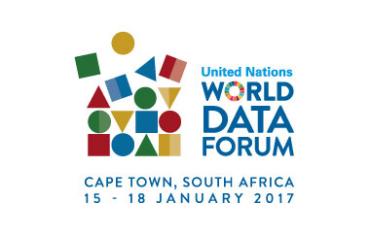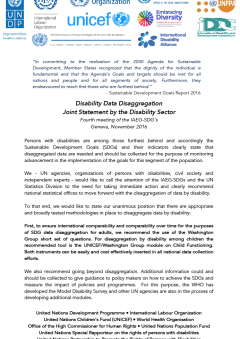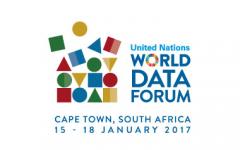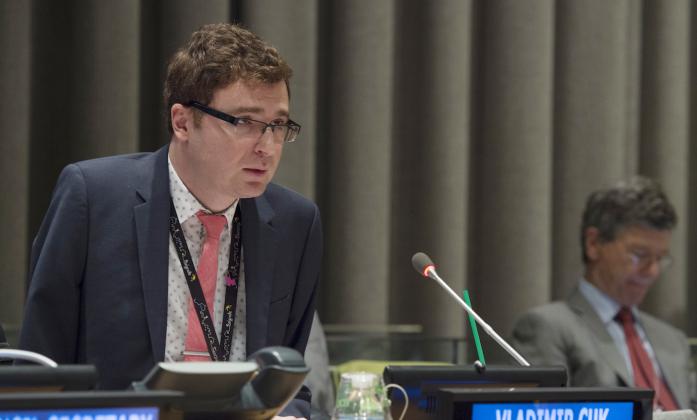EVENT: Collecting disability data toward implementing the Sustainable Development Goals and the Convention on the Rights of Persons with Disabilities
Follow this panel LIVE on Monday 16 January, 10:45 am - 12:15 pm (GMT+2)
The overriding principle of the 2030 Agenda and the Sustainable Development Goals (SDGs) is to ensure that no one is left behind. To that end, the SDGs recommend that Member States disaggregate data by disability and in addition the global indicator framework for the SDGs include a number of specific indicators related to disability. Without disaggregation by disability status, it is not possible to monitor the outcomes of 2030 Agenda activities in a way that documents if people with disabilities are indeed being left behind or not.
Data collection tools are now available to provide an efficient way to disaggregate SDG indicators by disability status and to monitor compliance with the CRPD. The Washington Group on Disability Statistics, a UN Statistical Commission city group, has developed and tested a short set of questions and a question set on child functioning that can be added to ongoing data collections assuring that the information needed to for disaggregation will be available.
Civil society, including organizations of persons with disabilities (DPOs), can not only contribute to data collection, but are very often the source of data themselves. This includes opportunities for DPOs and persons with disabilities to engage as active contributors in data collection on the SDGs and provide guidance to National Statistical Offices at the national, regional, and global levels, particularly related to the adoption of the Washington Group on Disability Statistics: Short Set of Questions on Disability.



